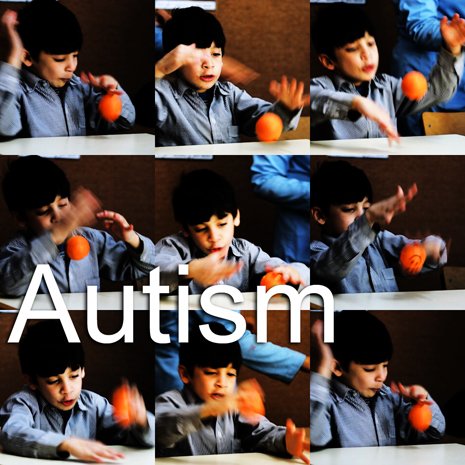
Good news for autism patients - Professor Yoshinobu Ebisawa at Japan's Shizuoka University developed a Autism Eye Gaze Detection System to predict likelihood of autism
Singapore: IP Shakti, an early-stage seed fund for biomedical and life science innovations, has entered into a partnership with Shizuoka University, Japan, to commercialize a system for autism detection in young infants.
The Autism Eye Gaze Detection System is based on the findings of a recent study by NIH, which suggests that fluctuations in eye movement, as small as 25-50 milliseconds, is a symptom of autism in infants as young as seven months. The system was invented by Professor Yoshinobu Ebisawa at Shizuoka University.
Professor Ebisawa developed a system that observed the movements of the infant's eyes as they focused on an image of the mother's eyes or mouth. By using cameras and infra-red light sources to track movement of the infant's pupils, the system can estimate the likelihood of autism. Professor Ebisawa said that, "After more than 10 years of research, I'm truly happy to see my patented technology developed to improve the lives of children."
Previous technologies for eye-tracking required minimal head movement and a calibration stage requiring a patient to look at multiple points. Based on the improbability of an infant having that type of focus, Professor Ebisawa developed a system and a software, specialized for screening infants for autism that requires only a one-point calibration measurement. No other system on the market has this simple, rapid one point of gaze format. The system will address the challenges of working with infants for early diagnosis of autism. The current average age of diagnosis for autism is 4.5 years, which is past the age where behavioral therapy would be of the greatest benefit.
Dr Dipanjan Nag, president and CEO, IP Shakti, said that, "Autism is not well understood, so it has not been detected very efficiently. Today millions of kids are affected by the disease, but unfortunately, we have not been able to bring a simple solution to the market. Most of the gene based detection systems have only provided a partial solution. IP Shakti is committed to the simple yet elegant detection system based on the behavioral aspects of autism."




